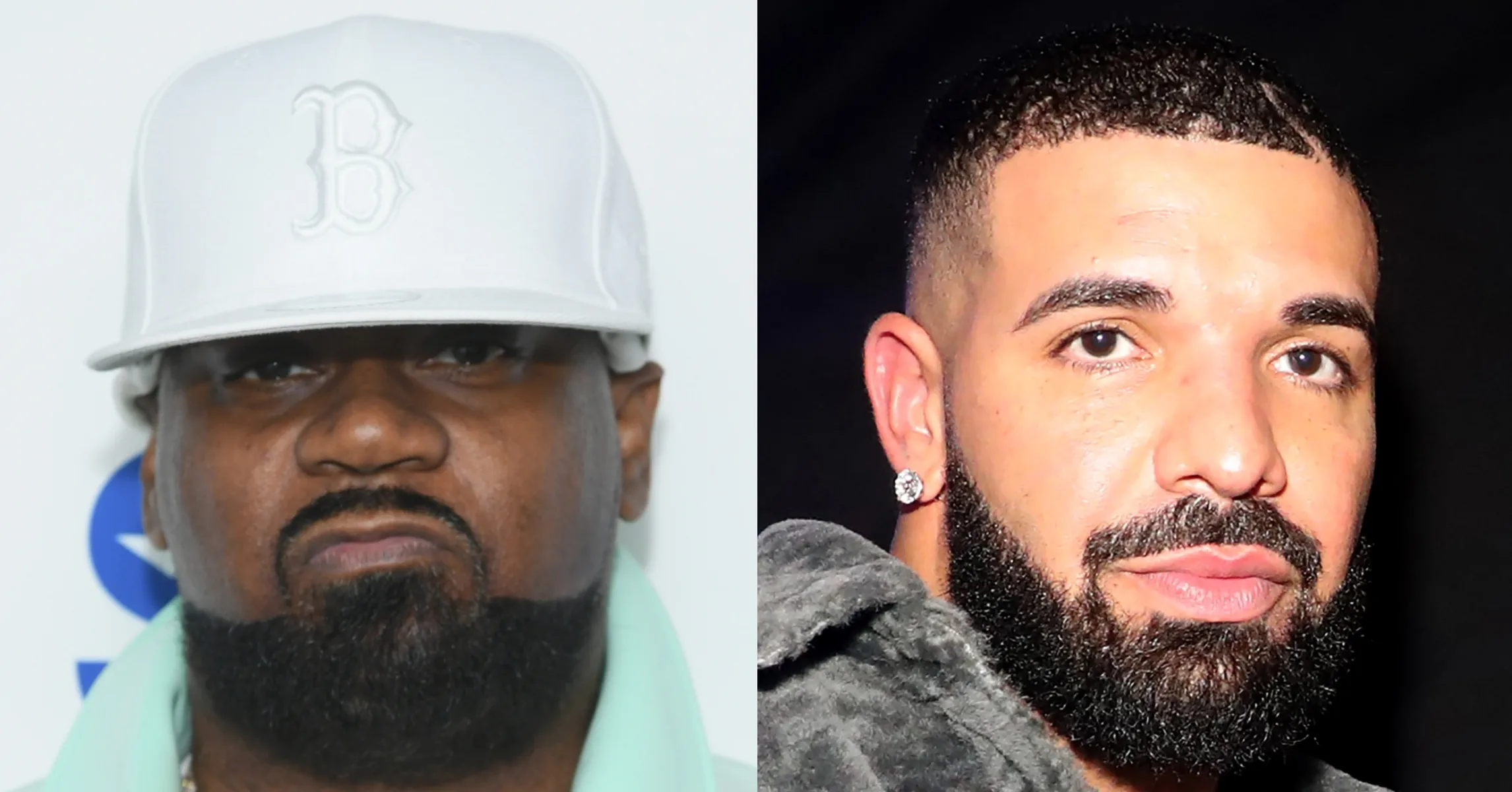Drake found himself in the spotlight again following a recent interview with Bobbi Althoff, where he addressed various topics, including allegations of being a “culture vulture.” The discussion touched on his past controversies, including his ongoing feud with Kendrick Lamar, who has previously criticized him in songs such as “euphoria” and “Not Like Us.”
During the interview, Drake became defensive when discussing the label attached to him, which suggests that he exploits elements of hip-hop culture for personal gain. He expressed frustration over how his collaborative efforts with artists like Future and Lil Baby have been perceived. “My intentions are pure. It’s the same way even in music,” he stated. “People will describe the collaborative efforts that I have put forth and the artists that I’ve picked up or shined a light on as me taking.”
In a response to Drake’s remarks, renowned rapper and Wu-Tang Clan member Ghostface Killah offered a different perspective. Speaking to TMZ, he suggested that Drake should not take the criticism too seriously. “Oh. Hey, listen, I’ve been called worse than that. You need to chill out,” he remarked. This statement has sparked discussions about the broader implications of criticism within the hip-hop community.
Drake’s feelings about the “culture vulture” label have been longstanding. His connections with various artists, particularly from Atlanta, have often been scrutinized. In his lyrics, Kendrick Lamar has alluded to these relationships, stating, “You called Future when you didn’t see the club,” highlighting the perception that Drake’s success may be tied to collaborations rather than his own artistry.
While Ghostface Killah’s advice might come off as lighthearted, it could carry a deeper message about resilience in the face of criticism. As the conversation around Drake evolves, his public image continues to fluctuate, especially in light of recent events.
In addition to the interview, Drake has faced backlash for the third episode of his ICEMAN livestream series, which fans have called underwhelming. His close friend, Kai Cenat, did not hold back his disappointment, stating, “I can’t fake it. That was so a*s. Biggest waste of my f*ckin’ time.”
As Drake navigates both public critique and personal challenges, the ongoing dialogue about his role in hip-hop culture remains pertinent. Whether Ghostface Killah’s words will resonate with him is yet to be seen, but the conversation underscores the complexities of identity and acceptance in the music industry.
